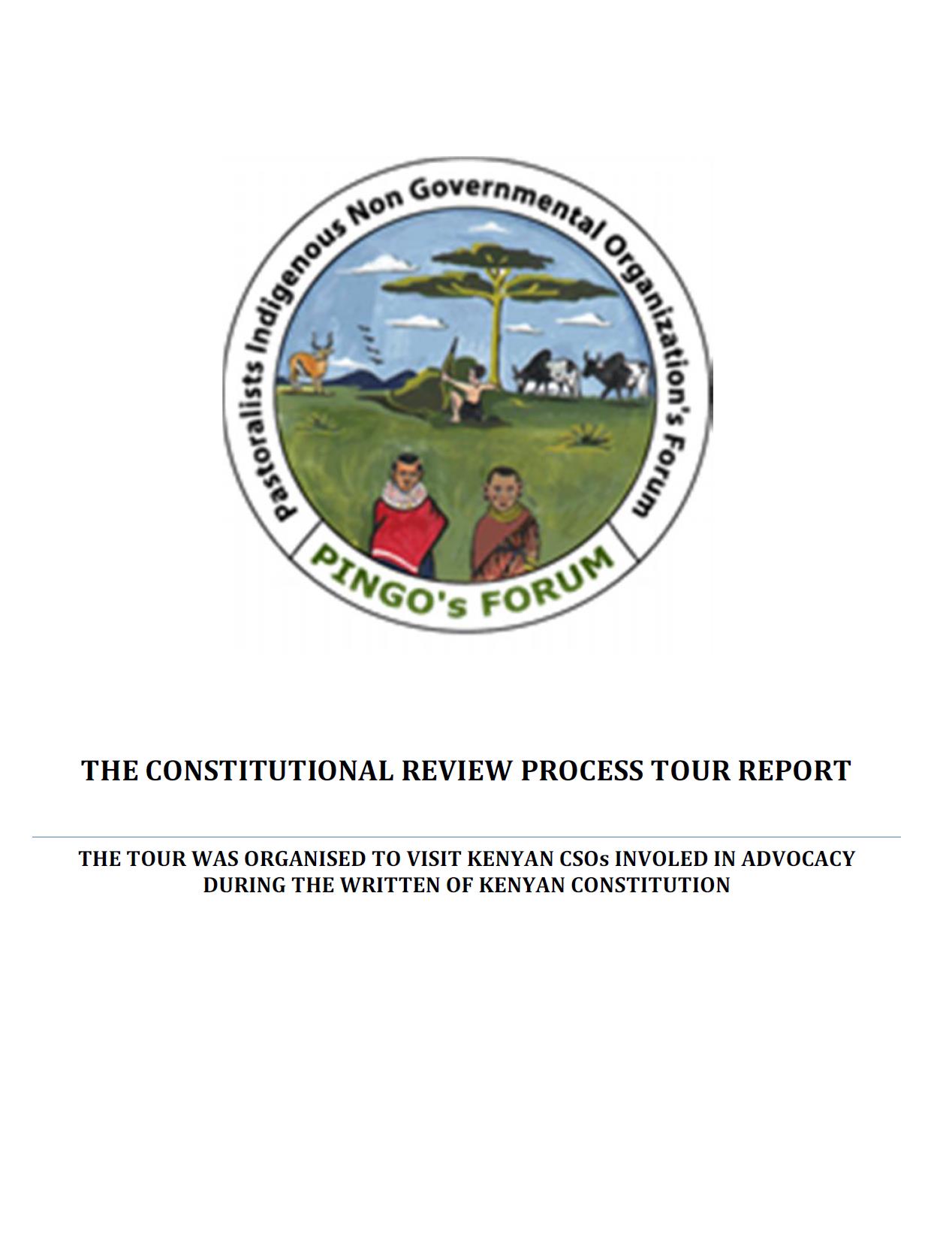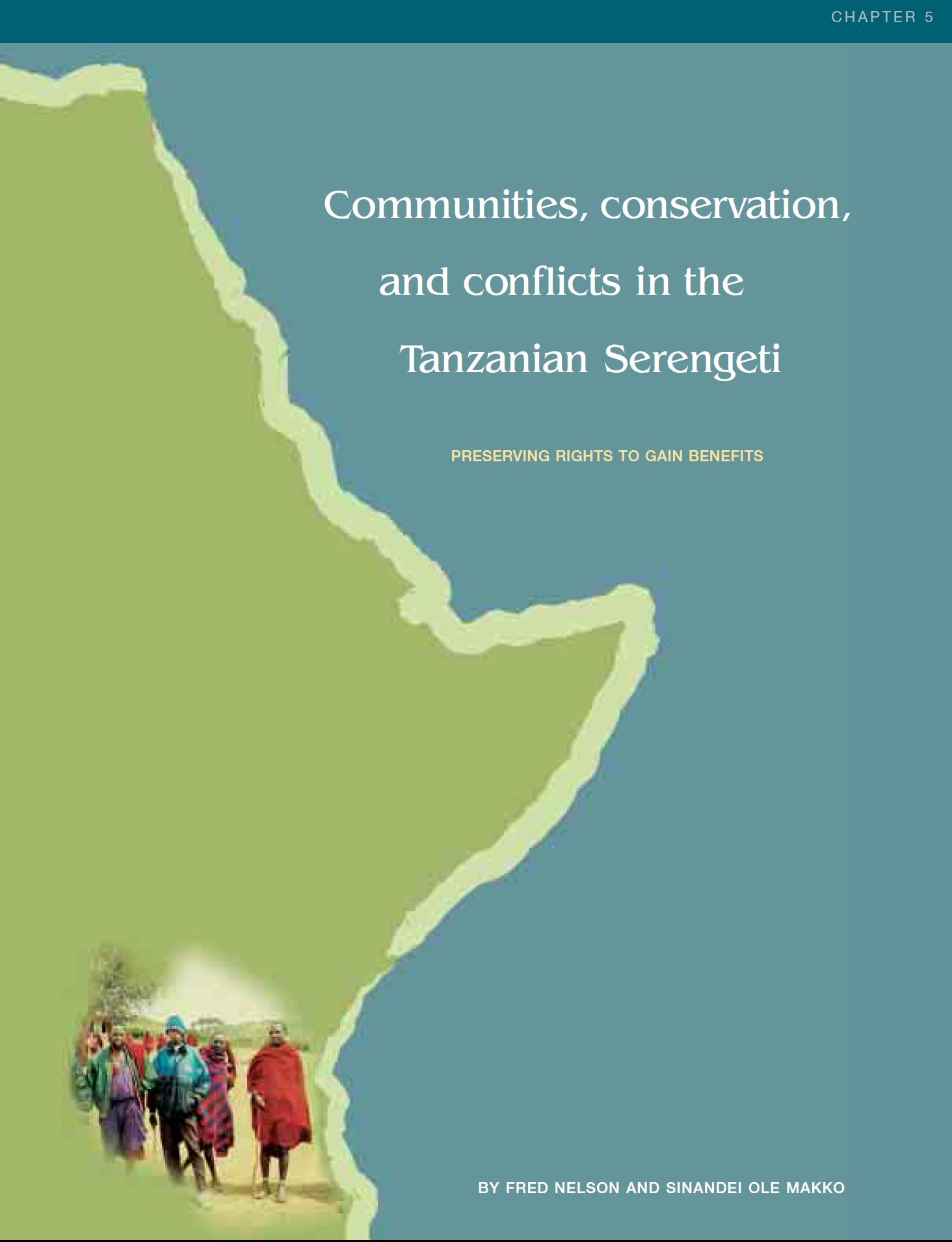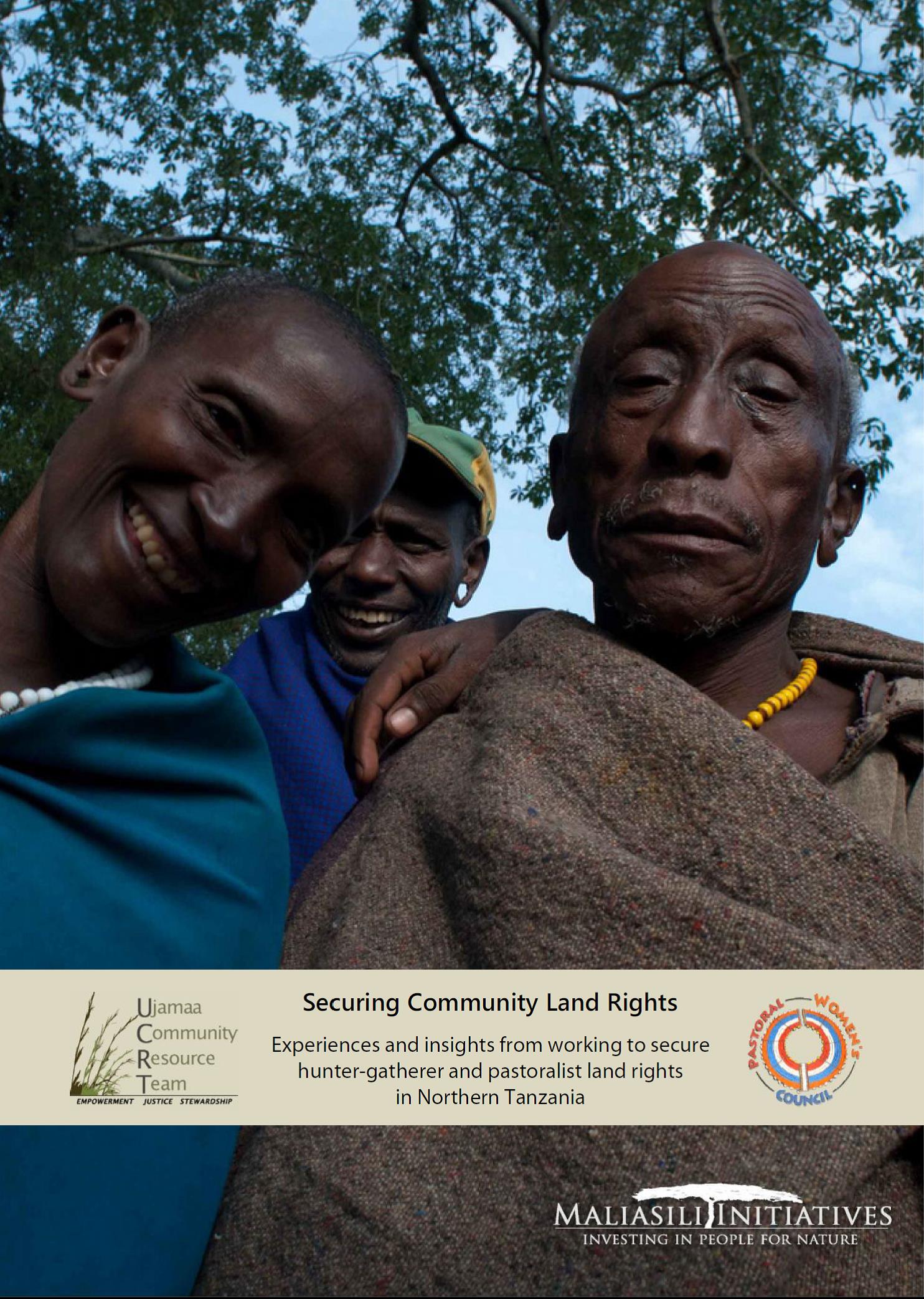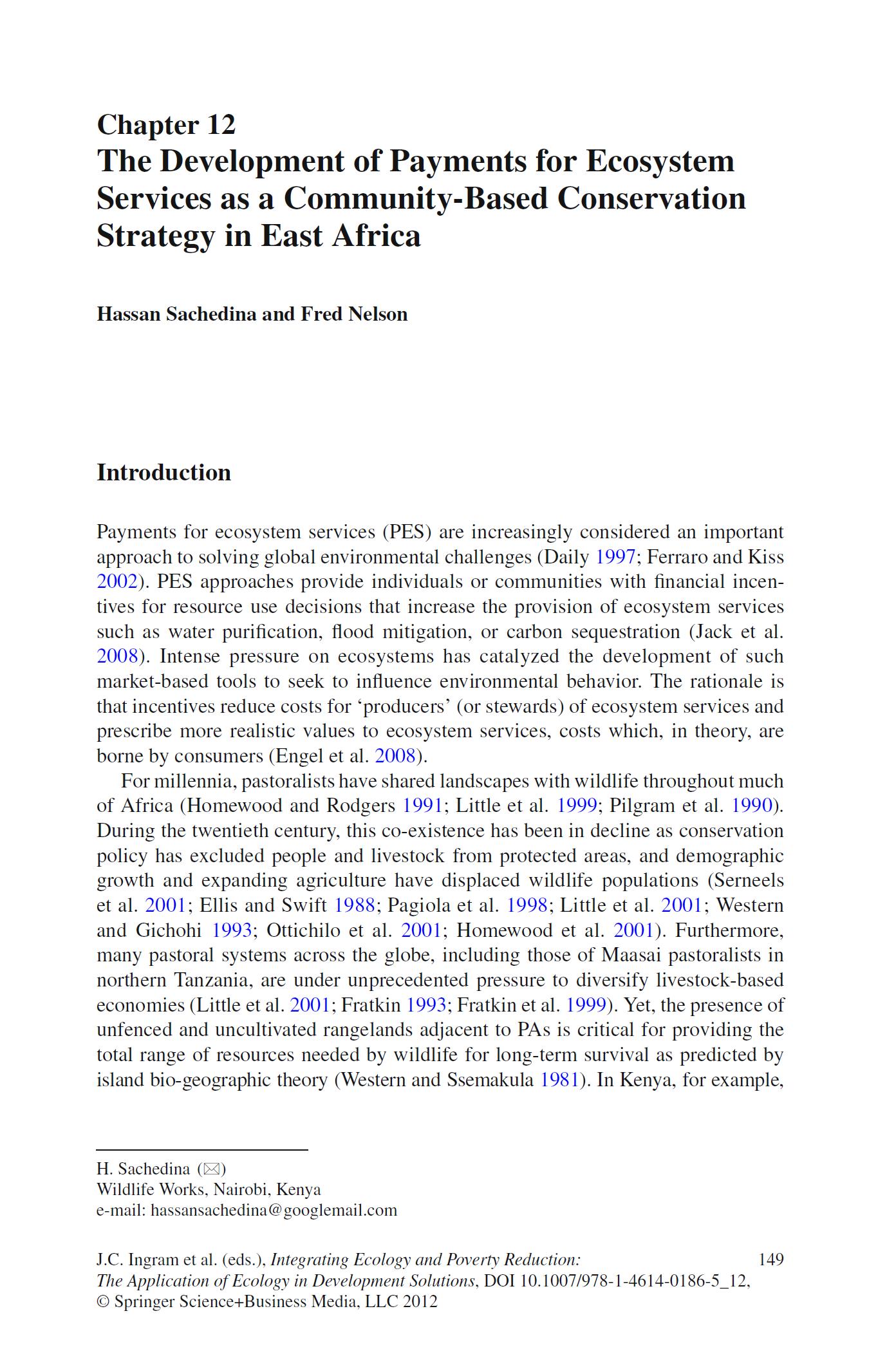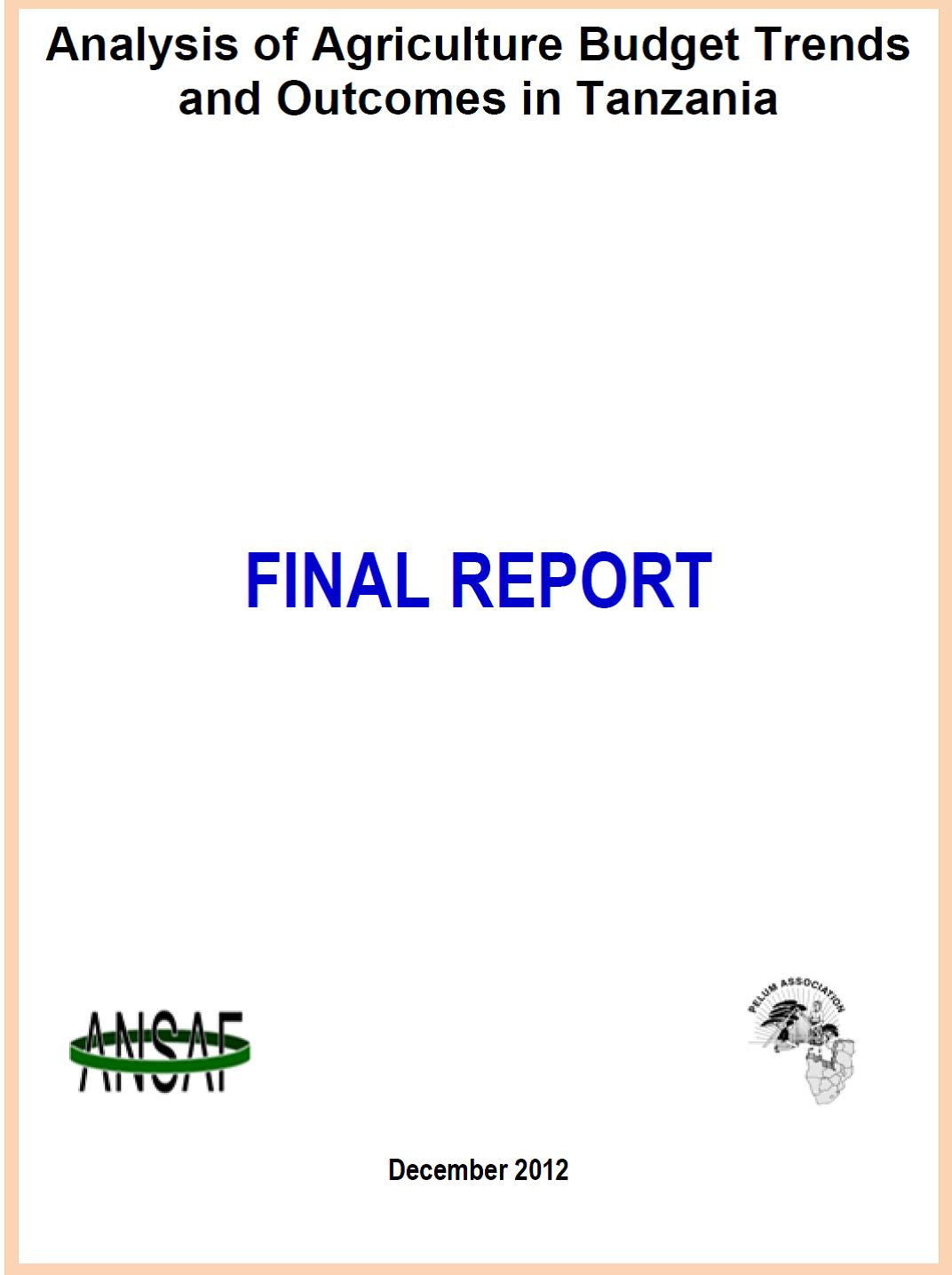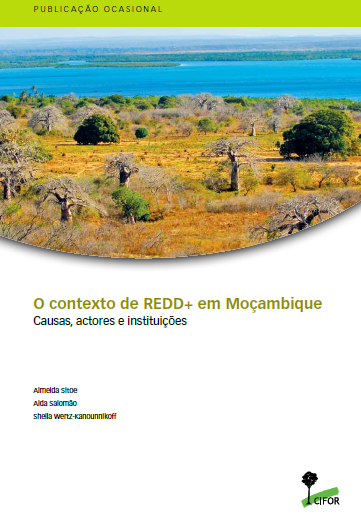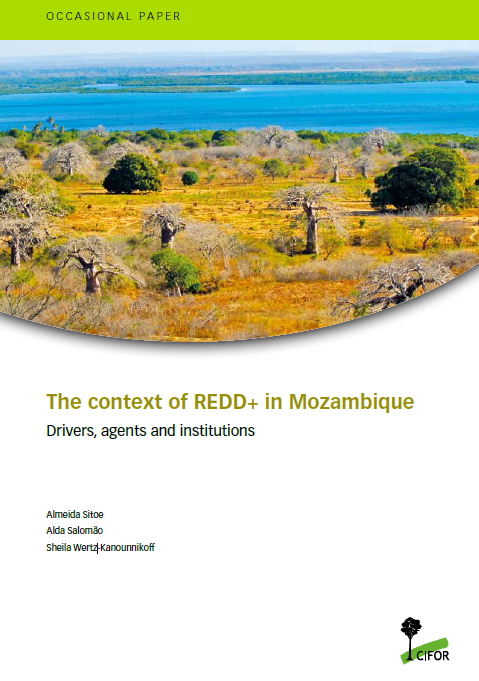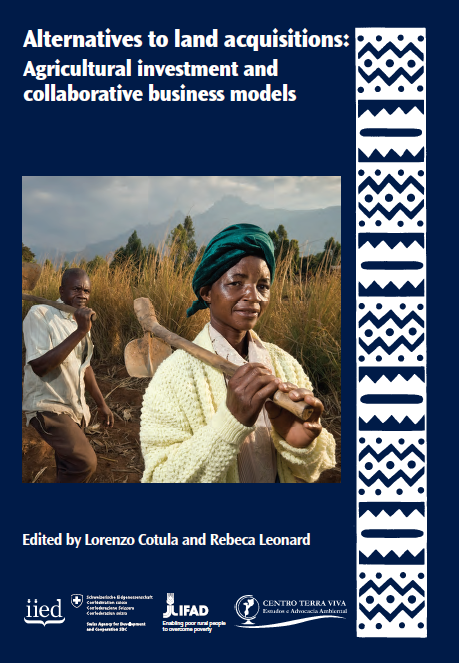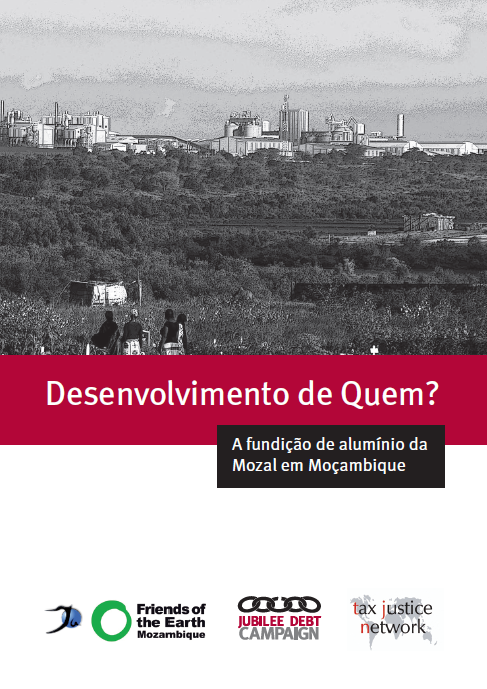The Constitutional Review Process Tour Report
This trip report includes key essential areas which were core areas of the tour; aim of the tour, list of organization visited and brief explanation about them, key issues of their advocacy, method they had applied, their experience, success, challenges and lesson learnt

